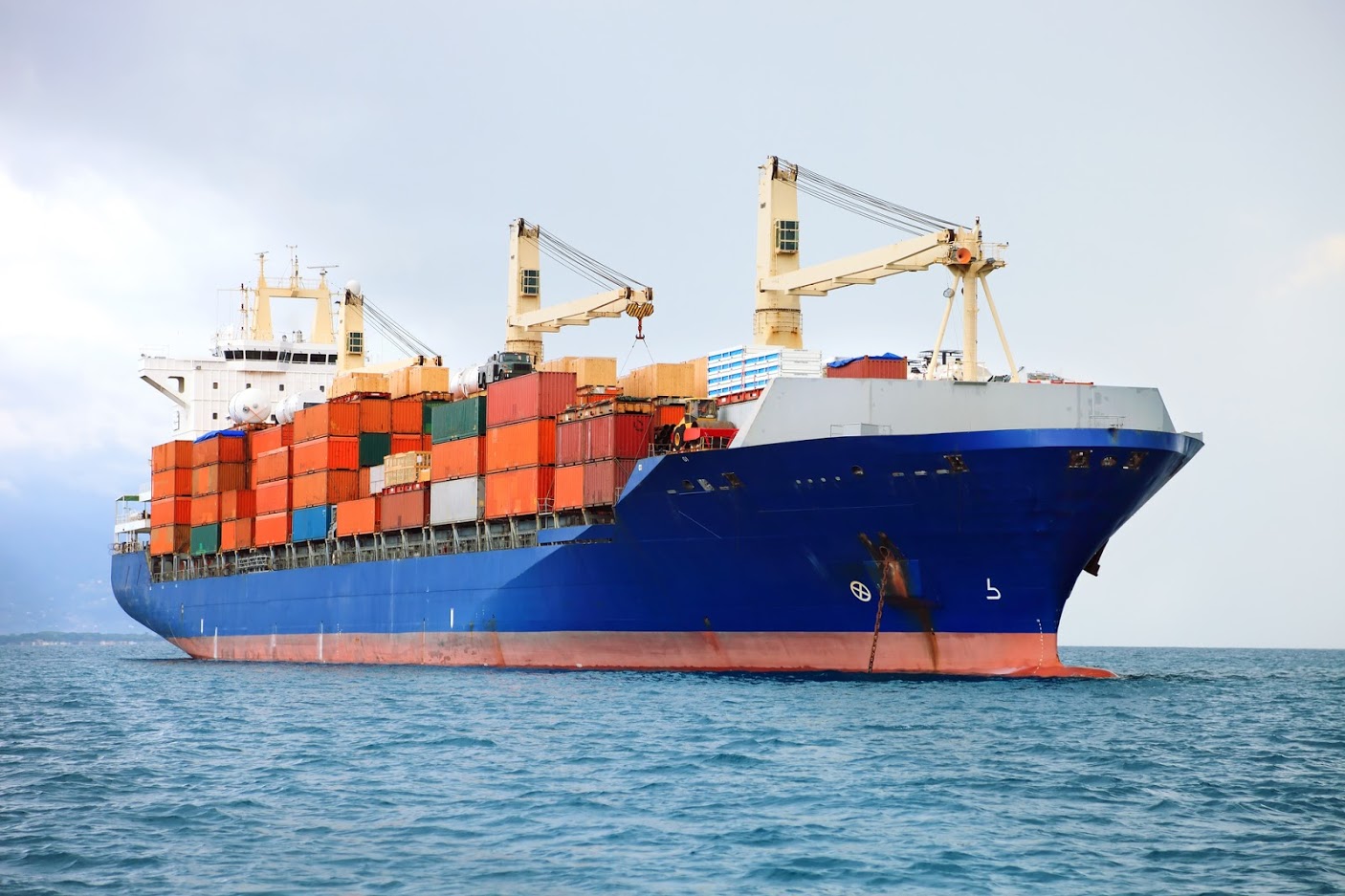As your small business grows and its shipping needs become larger and more spread out, you will encounter a slew of new and unfamiliar shipping terms. One key to ensuring the best results and fewest surprise expenses is to understand these new terms and acronyms. Here are a few of the most important for any shipper.
BCO
A beneficial cargo owner (BCO) is basically an in-house operation that takes control over their imported goods. While most smaller companies utilize third party vendors and forwarders to get their shipments from one point to another, a BCO does this work within its own company.
As your business grows, you may eventually find — as others have — that maintaining in-house control over shipments becomes the more cost-effective route.
NVOCC
When you need to ship something via ocean freight, you will often encounter a non vessel operating common carrier (NVOCC). NVOCC are some of the most common means for smaller or irregular shippers to get their goods across the sea. It is often mistaken for a freight forwarder because their services appear very similar.
NVOCC companies may or may not have their own leased or owned vessels, but they generally provide a wider variety of services due to contracting outside their own fleet. This added opportunity means that a smaller shipper has access to better discounts based on the bulk shipping and contracted agreements of the NVOCC.
Aside from potential cost savings, the NVOCC also offers greater protection of your shipment because the company takes control and responsibility for the goods. A freight forwarder puts this responsibility on the shoulders of the carriers. The NVOCC, on the other hand, issues its own bill of lading and thereby assumes liability for what happens to your cargo.
Forwarder
Along with an NVOCC, freight forwarding is how most smaller shippers move items. Freight forwarders are the intermediaries of the shipping world. They arrange for the transport of goods but don’t actually operate their own fleets or lease vessels. The forwarder arranges for the carrier, dispatches the cargo, and prepares the documentation — and then they contract with the services of the actual carriers.
The advantage of a forwarder instead of working directly with an ocean carrier is that the forwarder provides much more extensive services. The forwarder’s team can usually offer land and rail services as well as ocean-based ones. They prepare and work with documentation throughout the shipping chain. And they provide targeted services like drayage (moving goods from truck to train, among other things).
VOCC
A vessel operating common carrier (VOCC) is the actual owner of its own fleet of ocean-going vessels. Because these businesses are operating their own fleet and selling their services to the public directly, they don’t typically work with smaller and less regular shippers. The volume would simply be too much.
However, as you grow and your cargo shipping needs become more regular and more significant, a VOCC can save money and effort. Developing a relationship with a large carrier that provides the routes and services you need means more discounts — particularly on such things as tariffs.
Clearly, as your company changes, it will have different shipping needs and access to new methods of cargo transportation. But you can only take advantage of these and use the most appropriate ones if you know about them and stay abreast of the choices.
Tri Star Freight System, Inc., can help. Our team of logistics professionals will guide you through varying shipping methods available. We’ll help you find success as you grow your business. Call today to learn more about how our services can help you.







